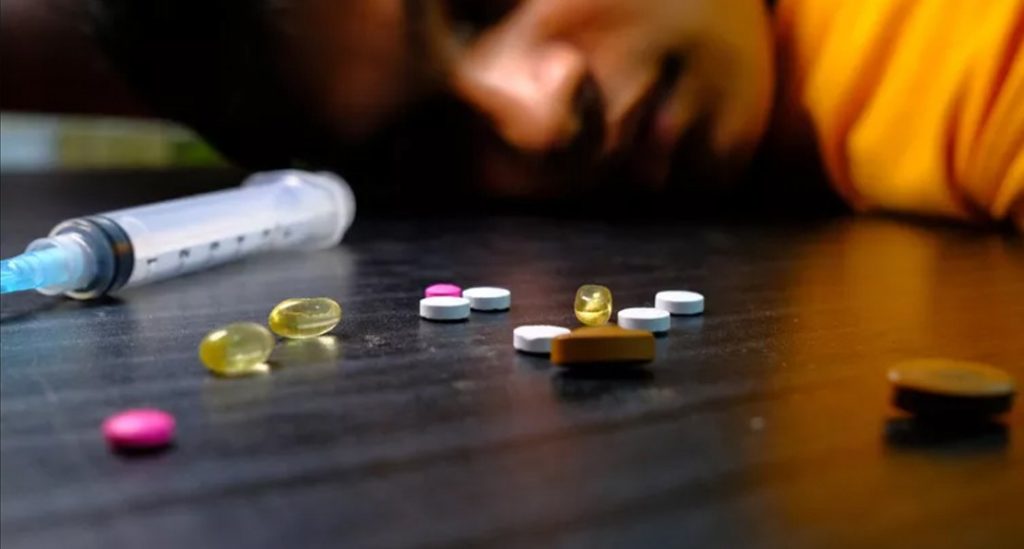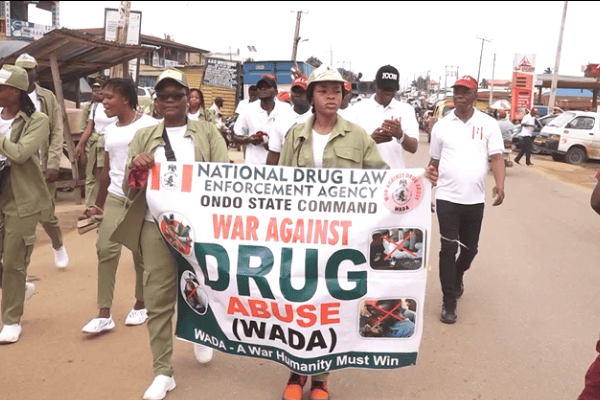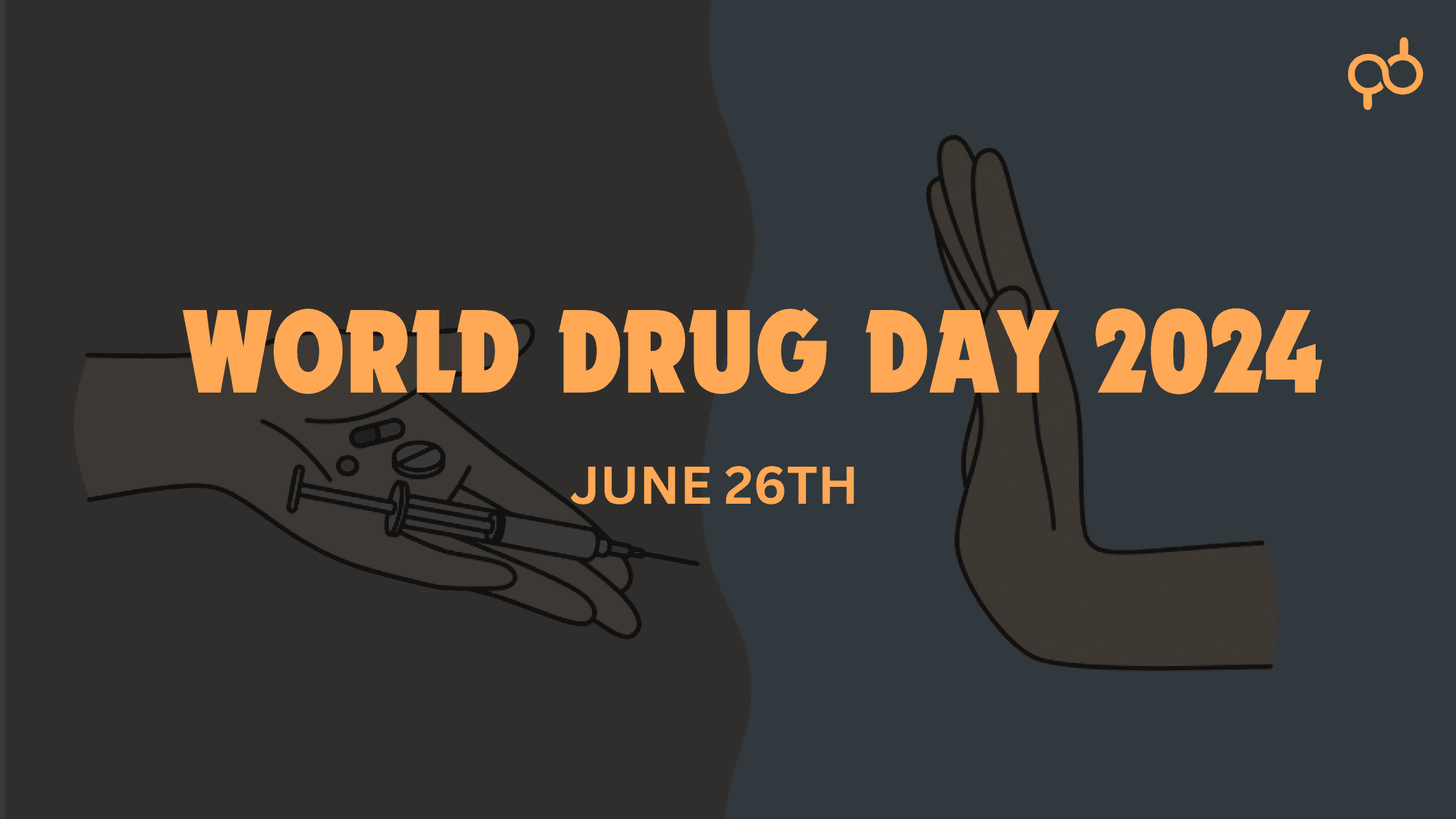Every year on June 26th, the world comes together to observe the International Day Against Drug Abuse and Illicit Trafficking, commonly known as World Drug Day. This day serves as a reminder of the global fight against drug abuse and its detrimental impact on individuals and communities. For Nigerian parents, this day presents a crucial opportunity to educate their children about the dangers of drug abuse and the importance of making healthy choices.
Understanding Drug Abuse
Drug abuse involves the harmful or hazardous use of psychoactive substances, including alcohol and illicit drugs. It can lead to addiction, health problems, and social issues. In Nigeria, the rise in drug abuse, particularly among the youth, has become a significant concern. As parents, it is vital to understand the different types of drugs that are commonly abused, such as marijuana, cocaine, heroin, and prescription medications.

The Impact of Drug Abuse on Kids
- Health Risks: Drug abuse can cause severe health problems, including mental health disorders, heart issues, liver damage, and respiratory problems. For growing children, these risks are even more pronounced, as their bodies and minds are still developing.
- Academic Decline: Children who abuse drugs often experience a decline in academic performance. Drugs can impair concentration, memory, and motivation, making it difficult for children to succeed in school.
- Behavioral Issues: Drug abuse can lead to behavioral problems such as aggression, violence, and criminal activities. It can also result in strained relationships with family and friends.
- Mental Health Problems: Drug abuse can trigger or exacerbate mental health issues like depression, anxiety, and paranoia. These issues can have long-term effects on a child’s emotional well-being.
How Parents Can Educate Their Kids
- Open Communication: Create an open and honest environment where your children feel comfortable discussing their thoughts and concerns about drugs. Encourage them to ask questions and express their feelings.
- Education and Awareness: Provide accurate information about the dangers of drug abuse. Use age-appropriate language and resources to explain how drugs can harm their bodies and minds.
- Positive Role Models: Be a positive role model by demonstrating healthy behaviors and making responsible choices. Children often imitate the actions of their parents, so setting a good example is crucial.
- Encouraging Healthy Activities: Encourage your children to participate in healthy activities such as sports, arts, and hobbies. These activities can help them develop self-esteem, discipline, and a sense of purpose.
- Monitoring and Supervision: Be aware of your children’s activities and the company they keep. Know where they are, who they are with, and what they are doing. Supervision can help prevent exposure to drug-related situations.
- Seeking Professional Help: If you suspect that your child is abusing drugs, seek professional help immediately. Early intervention can prevent further harm and provide the necessary support for recovery.

Community Involvement
Parents are not alone in this fight against drug abuse. Schools, community organizations, and government agencies in Nigeria offer resources and support to help combat this issue. Engage with your community to create a network of support and to stay informed about local initiatives and programs aimed at preventing drug abuse.
World Drug Day is a pivotal moment for Nigerian parents to educate their children about the dangers of drug abuse. By fostering open communication, providing accurate information, and encouraging healthy behaviors, parents can help their children make informed decisions and lead drug-free lives. Remember, prevention starts at home, and together, we can build a healthier and safer future for our children.
